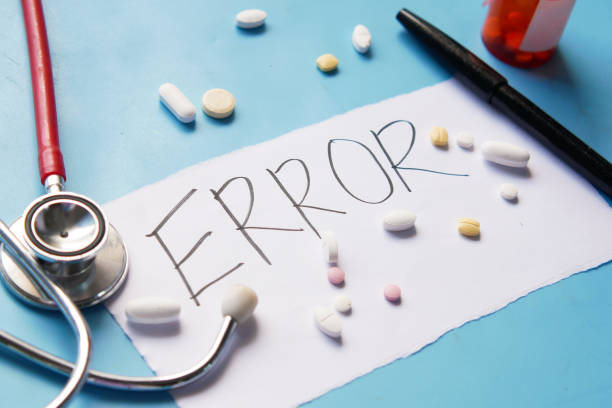Drug diversion. Damage to pharmacy equipment. A cyberattack on your data systems. These are just a few scenarios of the many crises that could occur at your independent community pharmacy.
Crises are often unforeseen incidents. And, unfortunately they may be inevitable for your business.
Although you may not be able to predict when a crisis will take place, you can control how you and your team react to the circumstance. Taking the proper precautions to avoid a crisis, effectively maintaining your composure throughout the incident and utilizing the help of experts are all tactics to employ when a crisis takes place in the pharmacy.
Learn more about how your independent community pharmacy can effectively manage—and plan for—an unexpected crisis.
1. Prepare beforehand
Organizing a response plan can help your pharmacy cope with an unexpected incident.
When building strategies for potential crises, such as natural disasters, burglaries and data hacks, consider it a team effort. Always keep your team informed, so that they know their specific roles and how they can help, should a crisis occur.
For example, if an employee is a good communicator, designate her as the communications director during a crisis. Have her handle communications, such as contacting patients and vendors, posting updates on your website and social media pages, and sending written media statements.
Another helpful way to prep for a crisis is by utilizing available resources. For example, consider consulting Ready Business by the Department of Homeland Security (DHS), when developing an emergency plan. Ready Business advises businesses on steps they can take to formulate an effective response plan.
2. Stay calm
When a crisis occurs, your first instinct may be to panic. However, remaining calm and maintaining your emotions is key to ensure that your business is resilient.
Responding negatively to an already difficult situation can be as harmful to your business as the crisis itself. Be sure to take your thoughts into consideration.
For example, you might be discouraged over irreparable damage to your pharmacy’s expensive automation system from a tornado. Instead of getting angry, stay calm and contact your insurance provider and the automation company. They’ll be able to assist you in getting operations back to normal.
Maintaining a clear head in difficult situations makes it easier to solve problems than handling a crisis with a negative attitude.
3. Accommodate your patients
During a crisis, it’s important to keep your patients informed. They’ll want to know about the crisis and how they’ll be affected.
Designate a spokesperson ahead of time to keep patients updated. For example, if your pharmacy’s data was hacked, your patients may be concerned that their personal information was compromised. But, if a communicative pharmacy technician or pharmacist is giving them updates, patients will feel more reassured and confident in your business.
It’s also important to ensure patients can access their medications in the event of a crisis. For example, if your pharmacy is damaged during a hurricane, you’ll need to let patients know how to get their medications. Have a plan in place to shift patients’ prescriptions to a sister store in the event of an emergency. Or, if you don’t have multiple locations, partner with another independent pharmacy to work together during emergency situations.
4. Recruit the experts
A crisis can feel debilitating to your business. So, if you find yourself in need, don’t be afraid to consult experts for help.
For example, if your pharmacy’s shelving was severely damaged during a burglary, a large undertaking may be needed to get the store back to its normal appearance. If you need to reconstruct the retail section of your pharmacy, consider seeking the help of a consultant like Hamacher Resource Group, a leading partner in category management, business strategy and marketing services focused on consumer health care at retail.
After a crisis, your pharmacy may also need a public relations strategy to rebuild your business’s reputation. Be sure to form relationships with local media professionals, like journalists for your local newspaper or reporters at your area’s T.V. station. Maintaining positive relationships with the media can come in handy when you need to generate positive news for your business.
Crises come in many forms. Follow these procedures to prepare your pharmacy for a mass casualty event.












